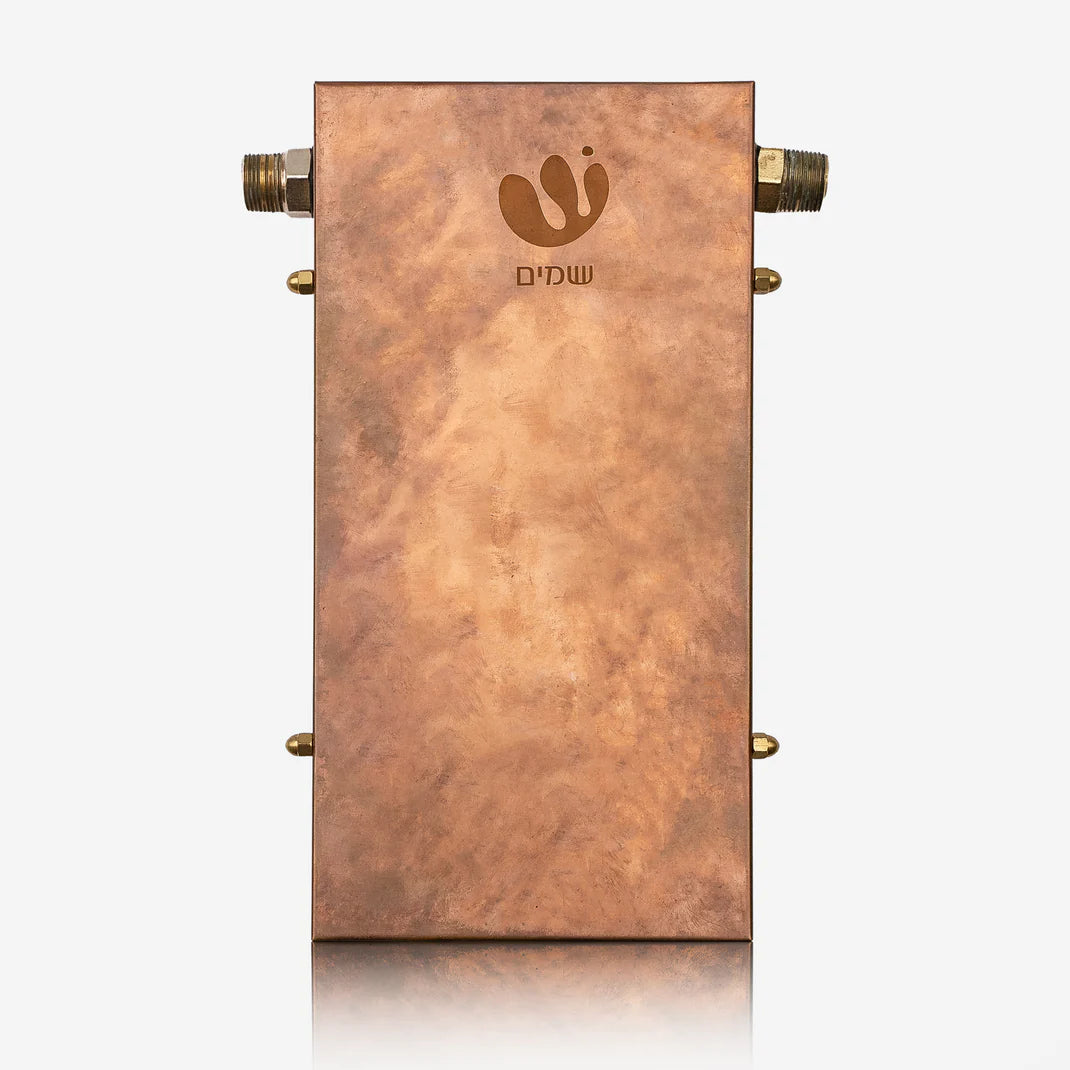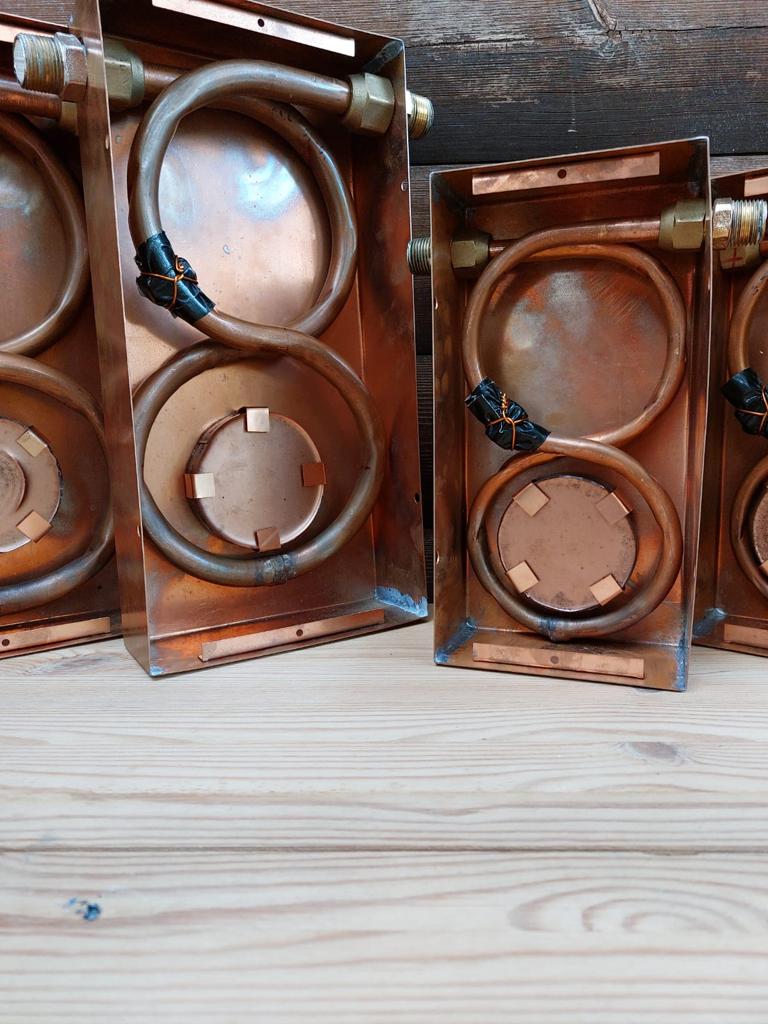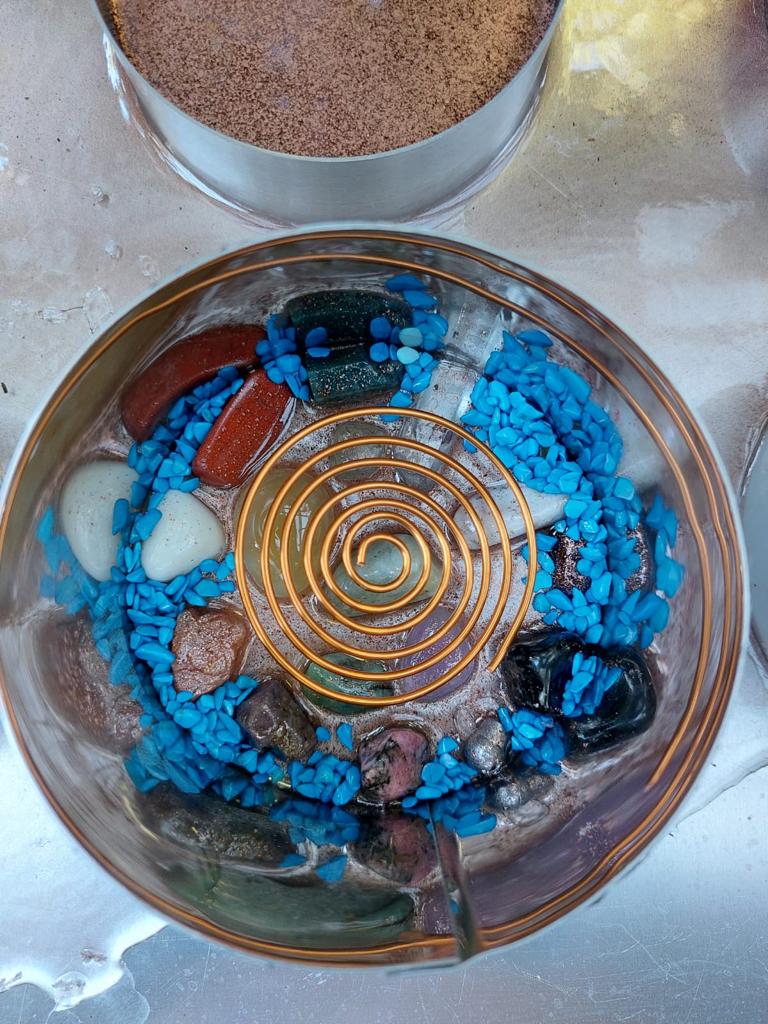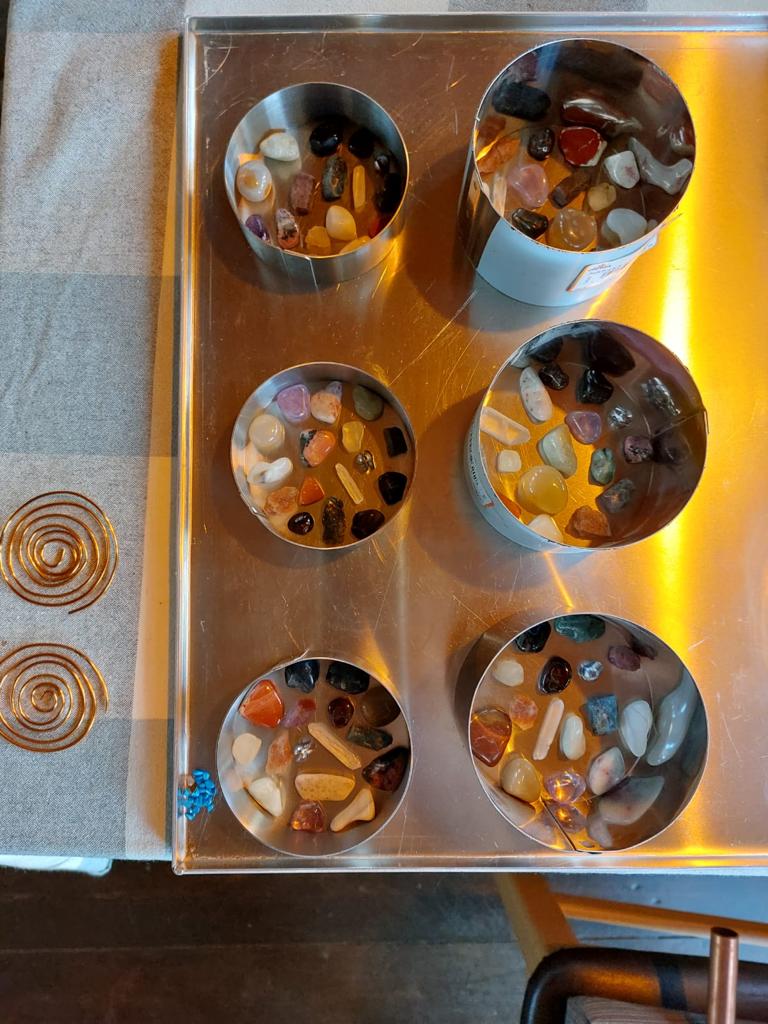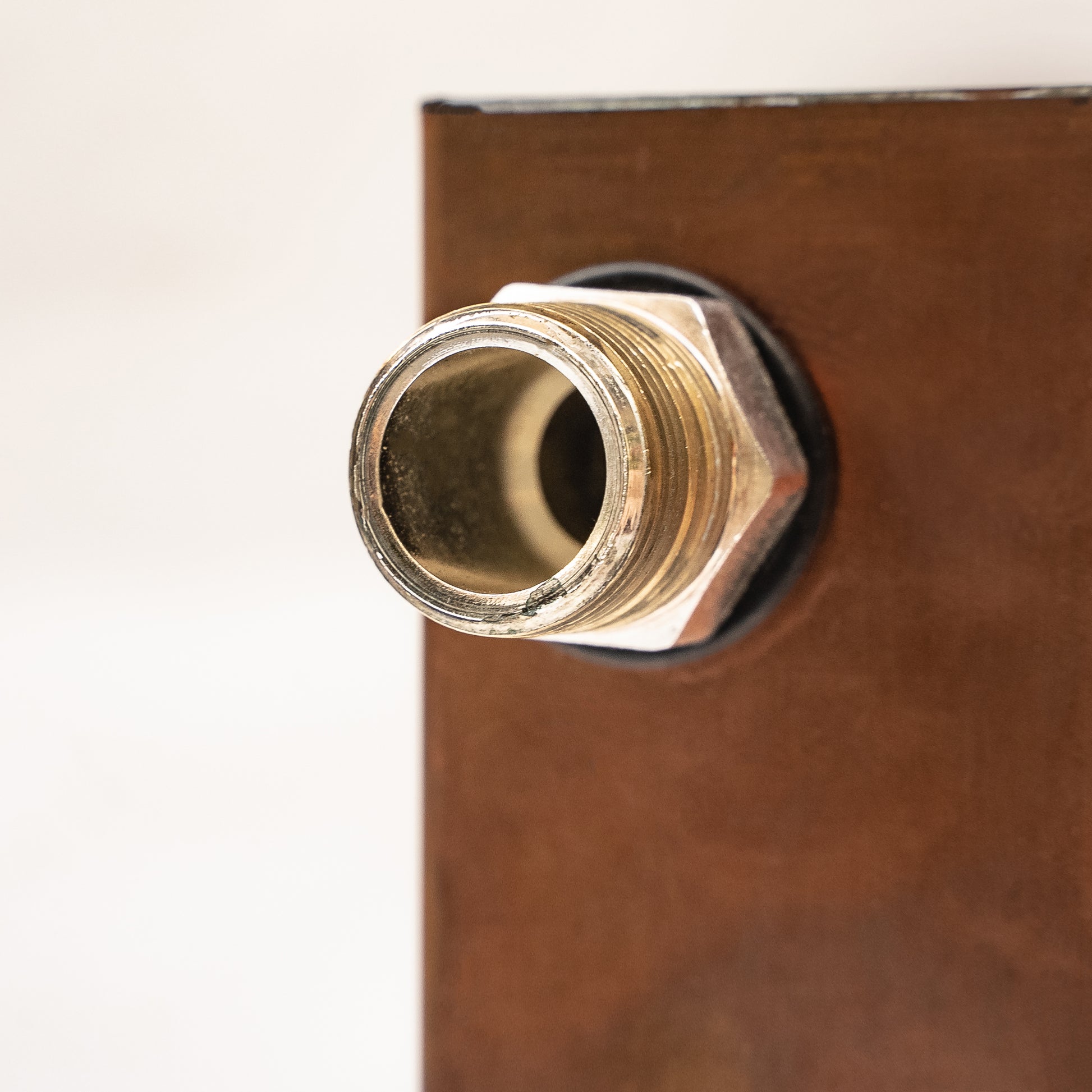 Copper is antibacterial.
Copper is antibacterial.
It has been known for thousands of years that copper is antibacterial.
Practitioners of the ancient art of Ayurvedic medicine have documented the use of copper for various topical and internal treatments, and as the preferred material for medical storage and surgical instruments.
Now, as superbugs develop resistance to pharmaceutical-grade antibiotics, copper is attracting renewed interest and is being used as a subject for further research.
Copper kills bacteria on contact
While we are familiar with many chemicals that can kill disease-causing bacteria such as bleach and alcohol, copper has a unique ability to destroy these pathogens on contact without any other special treatment or application, or side effects.
This means that anything made of copper or coated with copper, such as doorknobs, etc., will act as a passive disinfectant that will continuously kill any bacteria that comes into contact with the copper surface, such as skin contact.
This type of passive disinfectant reduces the time, management, and costs of cleaning and disinfecting hospital surfaces. The exceptional antibacterial property of copper also extends to copper alloys, such as brass and bronze.
Copper and copper alloys are also very resistant to corrosion.
Copper is a much less expensive metal than silver or gold, but it is the most important of all when it comes to our health. It can be used on high-touch surfaces and objects, which typically contain high concentrations of bacteria.
While hospital staff, for example, must be constantly vigilant with disinfection practices to prevent the transmission of infectious diseases to their patients, they can take comfort in knowing that copper is antibacterial,
The United States Department of Health and Human Services (DHHS) estimates that hospital-acquired infections cost billions of dollars and tens of thousands of lives each year.
One reason why the spread of bacterial infections is so difficult to control is that bacteria multiply and evolve rapidly to produce new strains ("superbugs") that have become resistant to conventional disinfectants and medical treatment.
Use of copper in homes
Storing drinking water overnight in a copper pot kills bacteria and is a simple strategy for water purification, which explains why copper has been used for thousands of years to store water.
The antibacterial properties of copper contribute greatly to sustainable, low-cost solutions that save lives.


